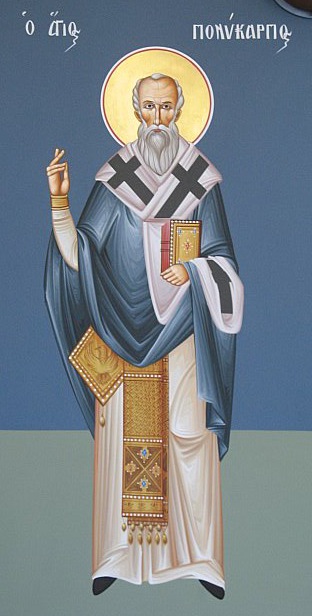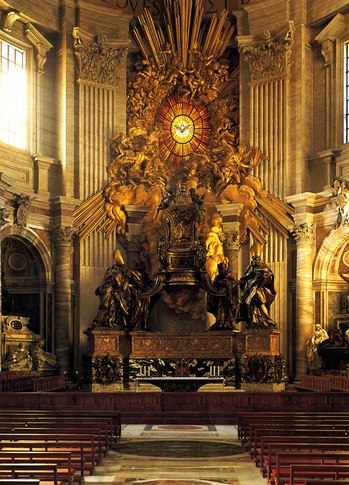For Christians Eastertide has multiple associations: the Resurrection of Jesus, new life, enlightenment, the Holy Spirit, birth of the Church, and Baptism. During this week, Baptism has caught our attention.
Thinking about Baptism we are led by Tertullian (AD 160-240?), a prolific, bombastic, and brilliant Roman North African who lived in Carthage. He left his mark on the Church until this age. He is the Father of Latin Christian Literature. He famously said, “I believe [in Christ] because it is absurd.”
Happy is our sacrament of water, in that, by washing away the sins of our early blindness, we are set free and admitted into eternal life! …The consequence is, that a viper of the Cainite heresy, lately conversant in this quarter, has carried away a great number with her most venomous doctrine, making it her first aim to destroy baptism. Which is quite in accordance with nature; for vipers and asps and basilisks themselves generally do affect arid and waterless places. But we, little fishes, after the example of our ΙΧΘΥΣ Jesus Christ, are born in water, nor have we safety in any other way than by permanently abiding in water; so that most monstrous creature, who had no right to teach even sound doctrine, knew full well how to kill the little fishes, by taking them away from the water!
On Baptism
More on the person of Tertullian, please listen to this brief podcast by a friend, Mike Aquilina, you won’t be disappointed: Tertullian and the Theology of Sarcasm



